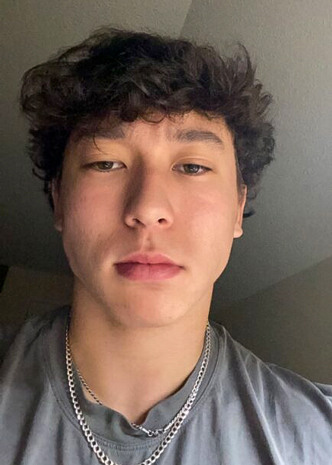by Justin Schlag
Far too often I see winners of these contests come from top-tier schools in the state. In nearly all academic competitions, victors hail from the state’s “best” schools. In the pursuit to enhance South Carolina, an essential starting point is the base of any society- its educational system. Addressing the improvement of South Carolina begins with fortifying the foundational pillar of education. The pressing concern lies in the state's educational disparities, notably evident within Title I schools.
In Plato's The Republic, Book VII, the allegory of the cave presents false images of the world to prisoners and serves as a poignant metaphor for the education system in South Carolina. The current system confines students, withholding their capacity to question the logic behind the teachings. In this allegory, Plato articulates a powerful truth: “Professors of education must be wrong when they say they can put knowledge into the soul” (Plato 376). Knowledge isn't something taught; it's acquired through personal reasoning and experiences. South Carolina schooling often intends to deconstruct rhetorical thinking in order to encourage students to accept facts without questioning them. The average student, similar to the cave-dwellers in Plato's narrative, will never amount to their full potential because of the chains branded onto them as students. These contemporary "chains" hinder intuitive questioning, perpetuating an enduring danger.
A recent incident at R.B. Stall High School in North Charleston highlights the stark disparities. To not warrant too many details, the event, occurring on 25 September 2023, included a horrible act of violence that left a student hospitalized in critical condition.
Did you, a South Carolina resident and active member of our community, hear about this incident?
The event received scant attention beyond local circles, raising a crucial question about the media's role in maintaining these inequalities. Let’s say this same incident was to happen at Academic Magnet, the Governor's School, Wando, Charleston County School of the Arts, or any privileged school that holds a higher ranking for any matter. The media coverage, attention, and a surge movement for school safety would be undeniably more extensive. Title I schools are always overlooked within the state, and the lack of attention they get proves serious issues within the educational system.
In this current educational system, it is nearly impossible to retain students at these schools throughout all twelve grades. The statistics paint a depressing picture: my freshman class starting with over 800 students sees just above 500 at the graduation ceremony. The system is undoubtedly failing, crying out for transformation. Change is needed.
If you were one of the lucky ones to even make it that far in our current educational system, I congratulate you on being fortunate enough to navigate this education system to its culmination. That journey often lacks adequate guidance. Unlike the resources available to students in preeminent schools, many graduates receive minimal support. The public schools that aren’t considered “premier” provide no private tutors, guidance counselors who actually care, or teachers who even bother to learn our names because they see us no longer than a semester. We often find ourselves navigating this critical period largely on our own.
To truly elevate South Carolina, a complete revival of the educational system is essential. Education should encompass equitable distribution of resources, rigorous teacher training, and an educational philosophy that encourages critical thinking over blind acceptance of facts. We need to incorporate Plato’s thinking – learning through experience and mentoring – not flashcards filled with information we forget the day after the test.
Most importantly, we need to help the students located in lower socioeconomic schools. To create everlasting change, we must bridge the resource gap between Title I schools and their privileged counterparts. Through this guidance, South Carolina can unlock the potential of every student, no matter the school they attend.
The plight of education in South Carolina schools stands as a pressing need for immediate reform. Our moral obligation to dismantle the barriers between schools is imperative to pave the way for brighter futures in our state. We must strive for an education that nurtures intellect and molds responsible citizens to become proactive members of our community.
This is how we make South Carolina better.
Reference:
Plato. The Republic. Translated by Benjamin Jowett. Chicago: University of Chicago Press, 1992.

About Justin Schlag
Justin Schlag is a lifelong resident of Goose Creek and a senior at Stratford High School, where he plays baseball. He plans to attend the University of South Carolina and study computer engineering.
Justin Schlag on Instagram.